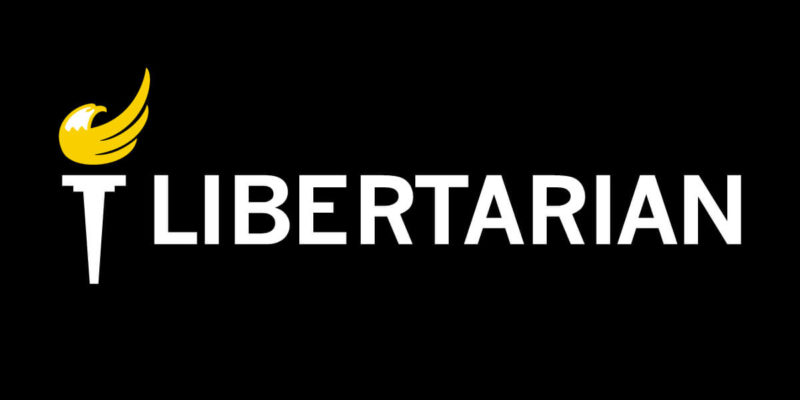A guest post from 2008 Presidential candidate, Bob Barr (originally posted here):
California voters will have the chance November 2nd to decide whether to legalize the use of marijuana by adults 21 years of age or older. The measure, known as “Proposition 19,” will not even be voted on for another six weeks; but already there are those urging the federal government to take action against it.
If voters in the Golden State decide to thus liberalize their state’s laws, the United States Supreme Court will almost certainly be called upon to decide whether the so-called “commerce clause” in the Constitution has any limits at all to reach even purely personal behavior that has no effect whatsoever outside the boundaries of a single state. Ironically, this would be the second time since 2005 the Court has used a liberalized California marijuana law to extend federal power to criminalize personal behavior.
Five years ago, in a 6-3 opinion, in which only Justices Sandra Day O’Connor, William Rehnquist and Clarence Thomas dissented, the Court struck down California’s medical marijuana law that similarly had been passed by voter referendum. Of those three, only Justice Thomas remains on the Supreme Court bench now. As the only sitting Justice who votes consistently to limit federal power regulating personal behavior (especially measures enacted under the guise of the commerce clause), he can be counted on to support the rights of adult Californians to smoke a joint in the privacy of their own home. Beyond Thomas, however, finding Justices willing to limit the reach of the commerce clause will be a difficult task.
Since the late 1930s, the Congress repeatedly has passed legislation using the commerce clause as the “hook” with which to justify all manner of mandates on state governments and limits on personal behavior. Republican and Democratic presidents alike have shown virtually no hesitancy in signing such legislation into law. And, with precious few exceptions, the federal courts have upheld such measures. In this manner have all three branches of our government conspired to twist a single phrase in the Constitution — designed originally to guard against any one state from impeding commerce with or into any other state – beyond all logic.
In a clear illustration of the disdain which many in this country have for limited federal power, every one of the nine former administrators of the Drug Enforcement Administration (DEA) – the agency primarily responsible for enforcing federal drug laws – sent a letter last month to Attorney General Eric Holder, sounding the alarm bell over Proposition 19. In their letter, the former DEA heads urged Mr. Holder to assert the commerce and “supremacy” clauses in the Constitution as grounds from which to actively oppose the pending California measure; and on which to base a lawsuit challenging it.
In their letter also, the DEA bosses likened the brewing California marijuana crisis to the situation in Arizona, where the Attorney General currently is prosecuting a lawsuit against that state to enjoin its enforcement of an immigration law empowering state officers to stop, question, detain, and arrest individuals if they think they are here illegally.
In fact, these two cases have nothing in common.
Unlike immigration laws — an area in which the federal government enjoys explicit and plenary constitutional power — the feds’ power to jail individuals for using controlled substances is at best a power shared with state authorities. It is a power based not on any express or implied authority in the Constitution, but only tenuously on the power to tax and – you guessed it – to regulate interstate commerce.
What is at stake here is not protecting an exclusive federal power against usurpation by a state. What is involved here is nothing loftier than preserving the raw power of Washington to enforce personal behavior norms by the citizens in California or any other state.

